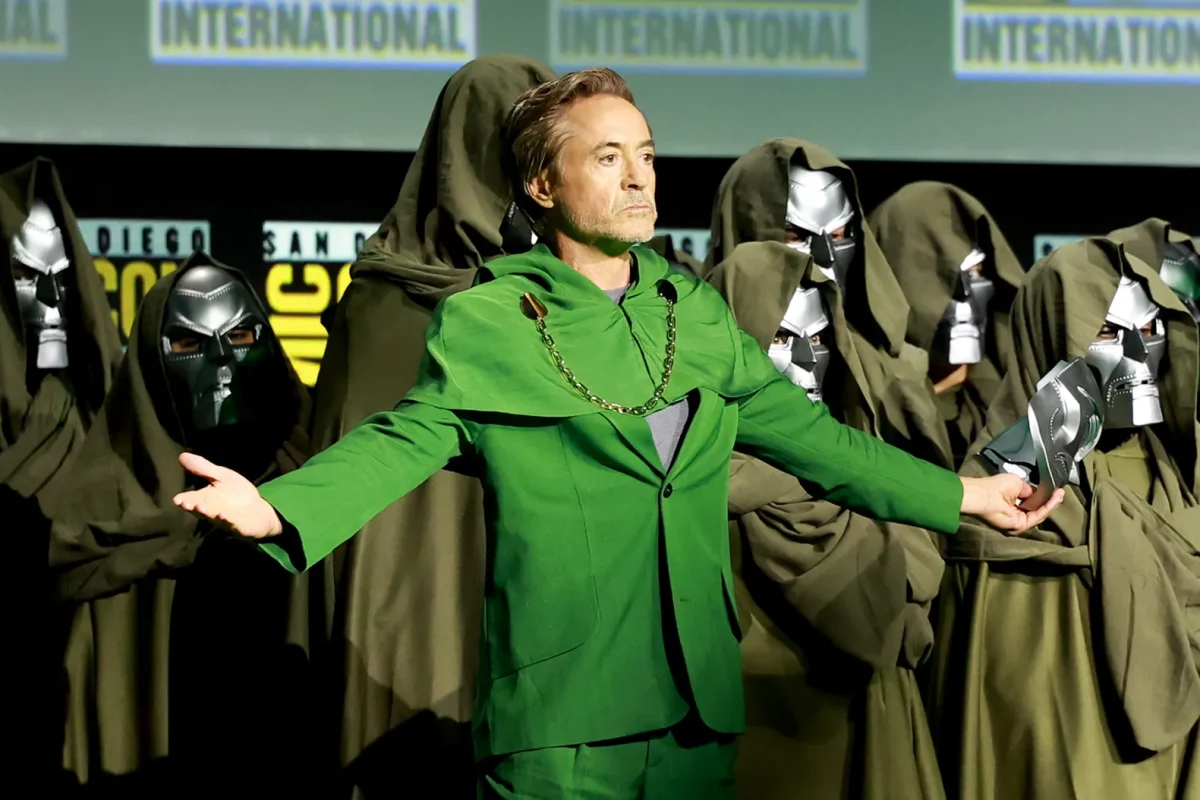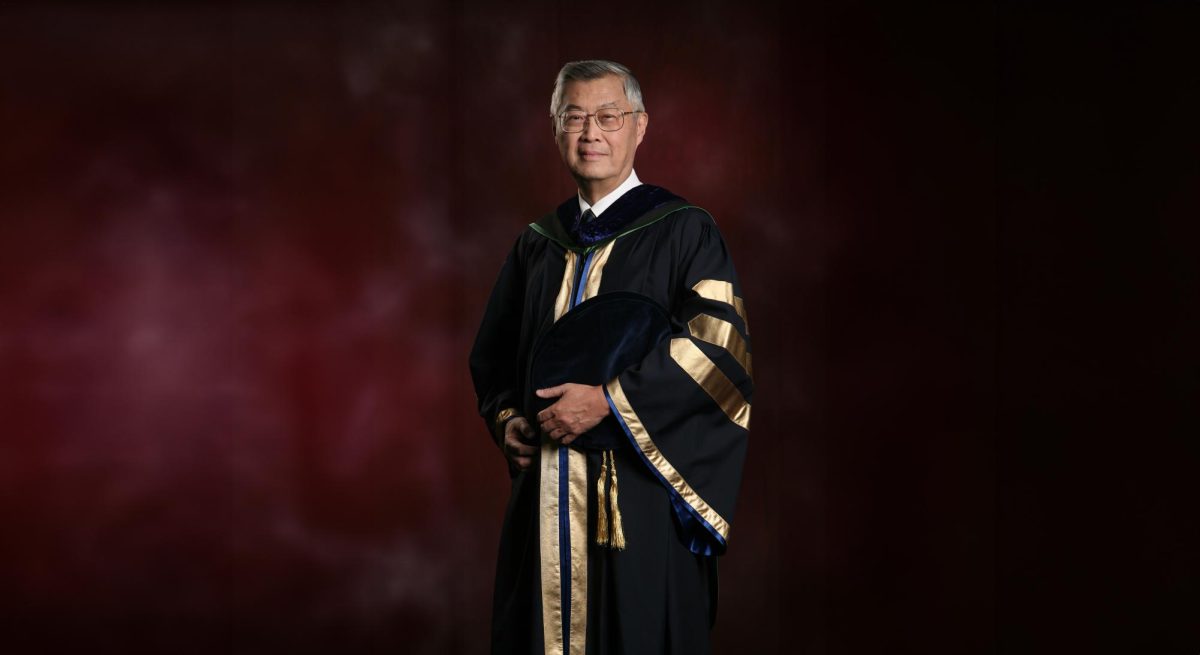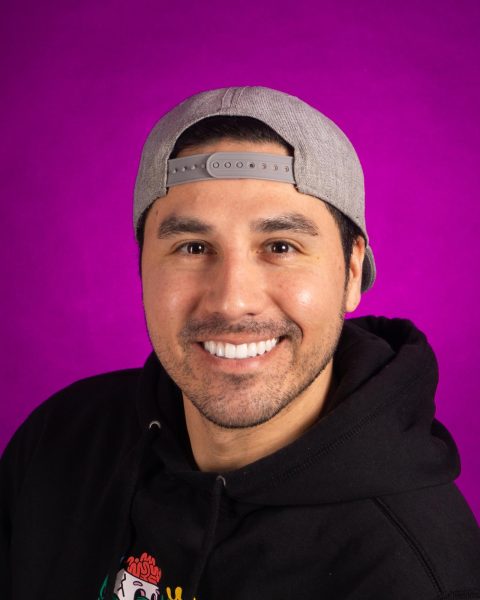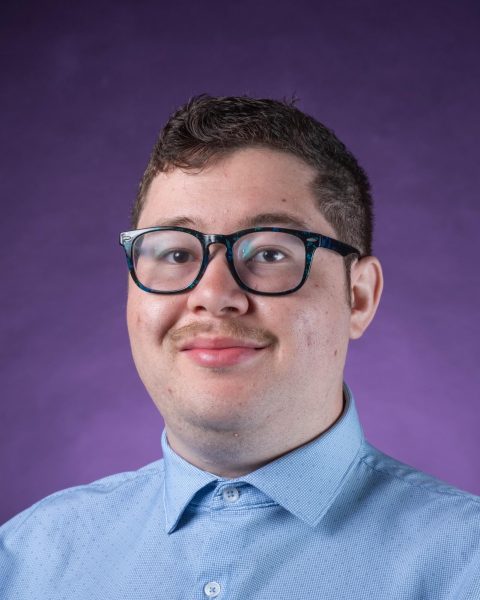San Francisco State University is no stranger to protests driven by students who aim for change and a better future. I’ve felt firsthand the impact of what peaceful campus activism can do for change and the power students have in collective action. The scales tilt towards violence when universities bring in authorities, thus inciting violence.
On April 29, faculty, students and community members gathered at the Malcolm X Plaza to demonstrate solidarity with Gaza, where encampments were starting to grow. I’m so happy to see Gators and their allies come together for a common cause to exercise their right to free speech as part of an institution that has a vast history of social justice.
Student protestors have started to see victory gain steam through their peaceful protesting efforts. On May 9, Pro-Palestinian student protestors claimed victory when Sacramento State University agreed to divest and no longer invest in companies that Sacramento State students say, “profit from genocide.” This marks the first public university in California to align with student protestors demands.
By exercising our constitutional right to collectively and peacefully protest on campus, students across the country actively provide a platform for dialogue, debate and bring geo-political awareness to the forefront. Students have the power to incite change. Students, faculty and their allies throughout the United States and at SFSU have brought awareness to the violence in Gaza to the forefront and have mobilized public support.
In recent weeks, pro-Palestinian encampment demonstrations have quickly spread across universities around the country in support of a ceasefire in Gaza. Police and campus authorities are ramping up security and arrests of student protestors.
On April 25, police removed the pro-Palestinian student encampment at Brown University as the war in Gaza approaches the seventh-month mark. Brown students are demanding that Brown University sever ties with companies that are profiting off the war in Gaza.
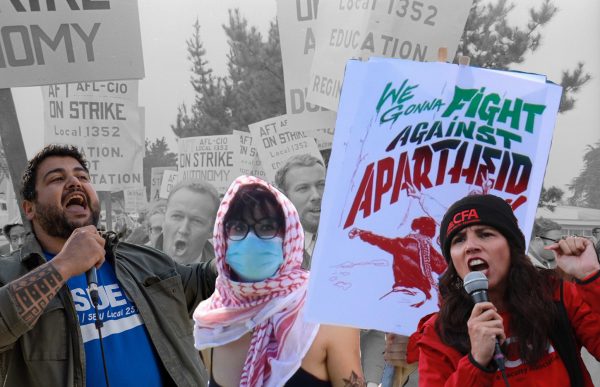
Reasons for removing students from encampments on campuses are often very complex and unique to each campus. Unless the immediate safety of the campus community is a factor, we as students should flex our rights to our freedom of speech.
To protect students, Cal Poly Humboldt closed its doors while the campus investigated hateful graffiti found on campus buildings that targeted the Jewish community. Some student protestors have even locked themselves inside university buildings as part of a stance in support of anti-genocide in Gaza. This is a prime example of a university shutting down to protect its students.
Peaceful protests tend to not only make a stronger point of advocating for social justice but also hold the ability to unite people from different backgrounds for a common cause.
At UCLA, violence erupted in the early morning of May 1 when counter-protestors attacked a peaceful pro-Palestinian encampment. What started as a peaceful protest quickly turned into a dangerous civic engagement overnight spoiling the entire reason for the peaceful protest.
Student voices are impossible to ignore when non-violent demonstrations take place on university campuses. This civic act gives students the prime opportunity to amplify their views and opinions therefore holding people in positions of power accountable. The narrative changes to student safety when protests become violent and authorities are involved.
As the school year comes to an end, the stand SFSU students are taking will always be in our DNA and core values as Gators. We’ll do anything it takes to ensure our voices are heard while inspiring change, hope, optimism and solidarity.
As an SFSU senior, I’m taking the inspiration I’ve learned from the recent protesting events across the U.S. and on SFSU soil with me to inspire others to commit to peaceful protesting to act as a powerful catalyst for change.





